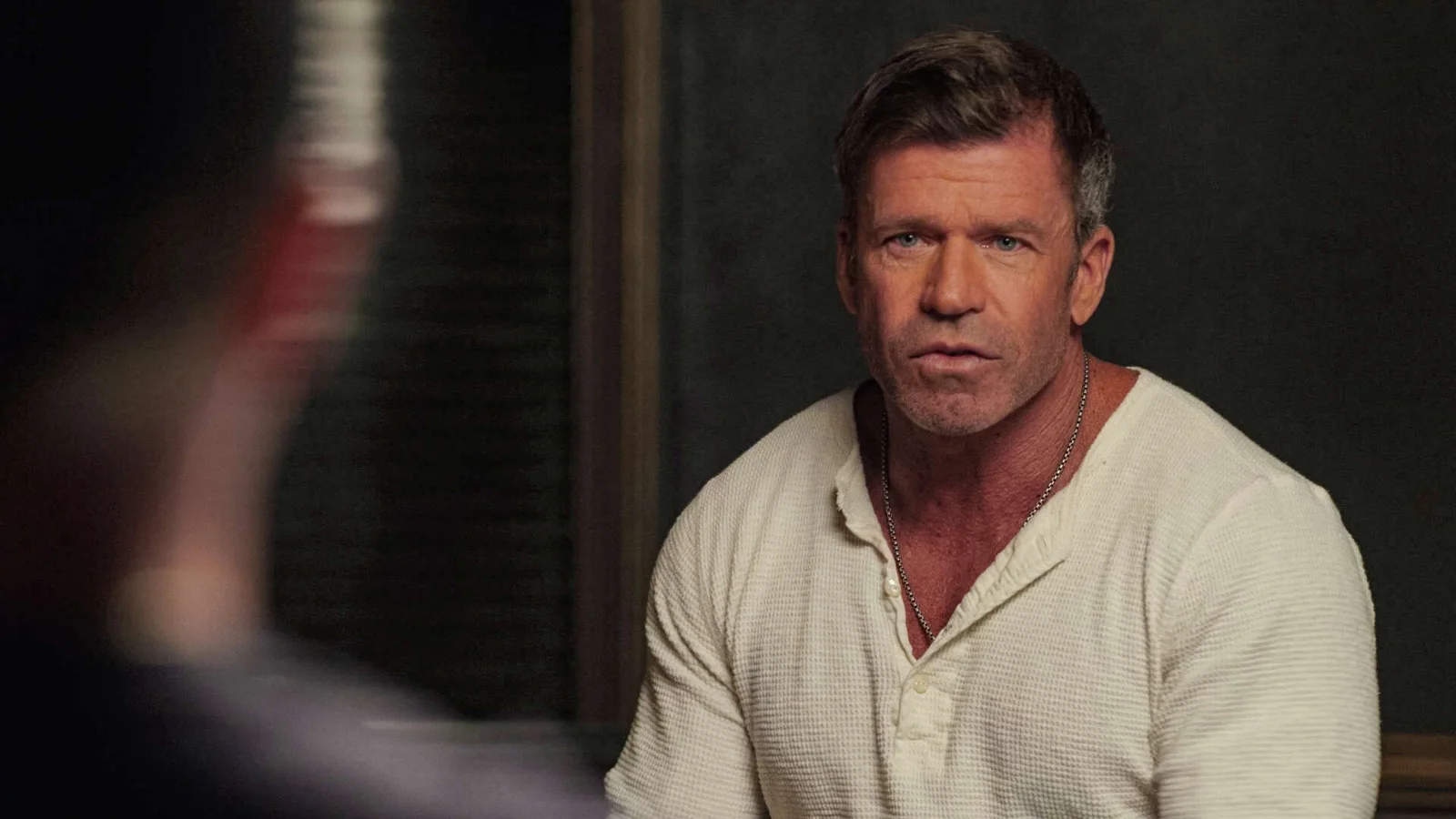Taylor Sheridan, acclaimed showrunner and creator of popular neo-Westerns, announced his departure from Paramount to join NBCUniversal with a new five-year deal starting in January 2029, immediately after his contract with Paramount ends. Sheridan’s move marks a significant shift in the television landscape, especially as the late author Cormac McCarthy, a devoted fan who never missed an episode of Yellowstone, will not witness this new chapter in Sheridan’s career.
The Influence of Cormac McCarthy on Taylor Sheridan’s Work
Taylor Sheridan has become a leading figure in reviving Western-themed storytelling, with acclaimed projects like Yellowstone and its spin-offs 1883 and 1923, alongside films such as Sicario and Hell or High Water. His narratives often explore themes of lone law enforcers and outlaws, drawing clear inspiration from classic Western icons like John Wayne and Clint Eastwood. Sheridan’s dedication has helped keep the Western genre alive in both film and television.
Before Sheridan’s emergence, Cormac McCarthy was considered the literary voice of the modern American West. Known for his sparse yet powerful prose, McCarthy captured the archetypal cowboy and the starkness of Western landscapes. His stories, often bleak but profoundly human, tackled themes of violence, survival, and the decay of society, sometimes set against post-apocalyptic or Gothic backdrops. McCarthy’s writing profoundly shaped the neo-Western sensibility that Sheridan now channels.

In a Gold Derby interview, Sheridan shared a personal revelation about McCarthy’s unwavering support. “He never missed an episode,” Sheridan said of the author’s commitment to Yellowstone, a series starring Kevin Costner as John Dutton, the patriarch of a Montana cattle ranch. Sheridan described Yellowstone as
both middle fingers at TV and at Hollywood,
emphasizing its rebellious spirit despite McCarthy’s appreciation. Sheridan also admired McCarthy’s disciplined writing habit, noting the author limited his daily work to just two early morning hours.
How Sheridan Integrates McCarthy’s Vision into Modern Neo-Westerns
Yellowstone’s storytelling blends traditional and revisionist Western elements, attracting older viewers and audiences in Middle America by evoking the nostalgic feel of 1970s and 1980s primetime dramas. While many contemporary prestige TV shows seek to reinvent familiar genres, Yellowstone remains grounded in the raw allure of the American heartland. This echoes McCarthy’s ability to find quiet hope and humanity in bleak settings, as seen in his novel The Road, which portrays a father and son’s persevering bond amid hardship.
McCarthy’s minimalist writing style—with its unconventional punctuation and poetic cadence—creates a subdued emotionality that Sheridan admires. Although Yellowstone is known for occasional loose plot threads and sprawling narratives, Sheridan treats this epic scope as a deliberate artistic choice, reflecting the vastness and unpredictability of the Western landscape. McCarthy’s works such as No Country for Old Men and All the Pretty Horses were foundational in crafting the neo-Western genre, incorporating elements of noir and thriller to modernize classic Western motifs.
Despite his extensive production responsibilities, Sheridan maintains tight control by writing all teleplays for his projects himself. This autonomy mirrors McCarthy’s own insistence on uncompromising creativity throughout his distinguished career. Sheridan’s ongoing work ensures that the stories of the American West—its struggles, characters, and landscapes—continue to engage television audiences. However, viewers will now follow this journey as he brings his vision to new platforms under NBCUniversal.
A Glimpse into Yellowstone’s Narrative and Cast
Yellowstone centers on the Dutton family, a ranching dynasty in Montana that faces constant threats from external forces seeking to encroach on their land. The show stars Kevin Costner as John Dutton, the determined family patriarch, with Luke Grimes portraying his son, Kayce Dutton. Together, the cast brings to life a modern Western saga exploring themes of family loyalty, power, and survival against a rugged backdrop.
